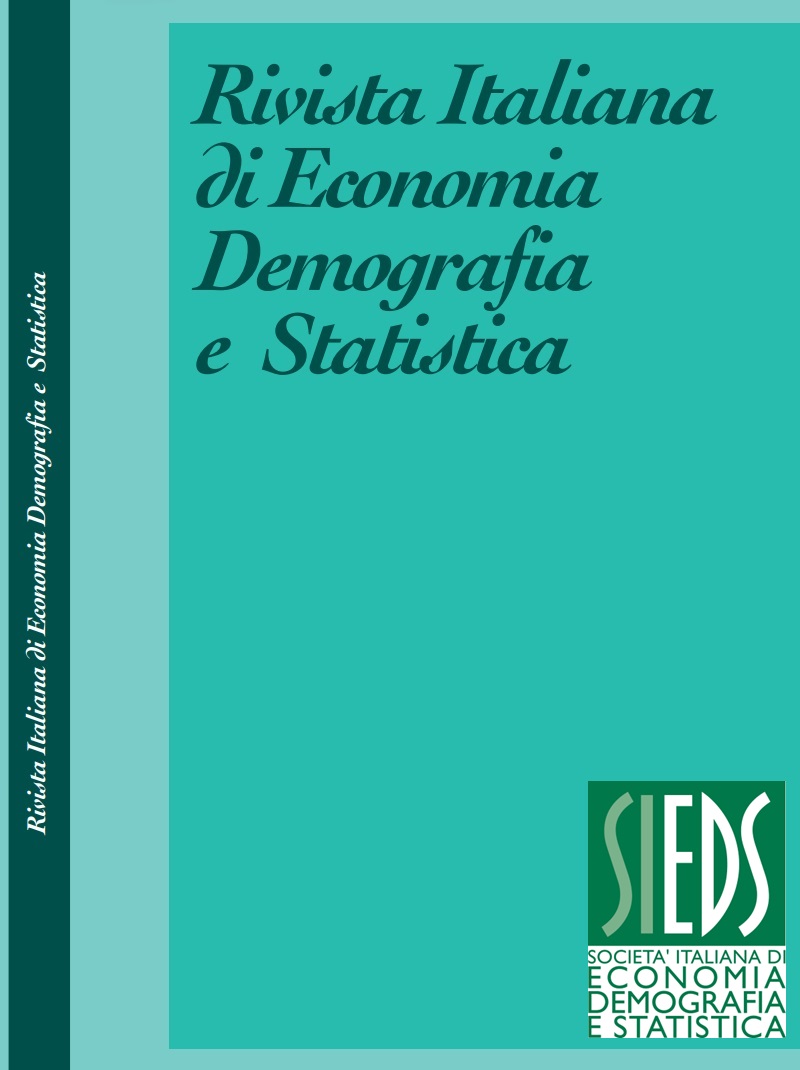Public opinion towards a universal basic income in Europe
Abstract
The idea of a Universal Basic Income (UBI) has gained increasing attention in public debates and among policymakers across Europe. The inclusion of the Welfare Attitudes in Europe module during Round 8 (2016/17) of the European Social Survey (ESS) - for the first time in academic cross-national research - allowed attitudes towards the introduction of a Universal Basic Income to be assessed in 23 countries. Aim of this article is to explore and understand the different aspects and predictors of UBI support. In particular, this paper analyses a broad range of explanatory individual and contextual factors that may affect popular support for a UBI. Main findings shows that the stronger support for a European minimum income benefit in less generous welfare states is explained by more optimistic expectations about the EU’s domestic impact and lower socioeconomic status groups are more supportive of this policy proposal. Moreover, the analysis reveals that diverging national experiences and expectations are crucial in understanding why Europeans are widely divided on the implementation of such a benefit scheme. Secondly, in almost all countries, the younger age group is more supportive of activation and a universal basic income than the older age group. Finally, using logistic regression model it is possible to estimate the different attitudes among countries for a UBI more accurately.
Downloads
Published
Issue
Section
License
Copyright (c) 2021 Paolo Emilio Cardone

This work is licensed under a Creative Commons Attribution 4.0 International License.



